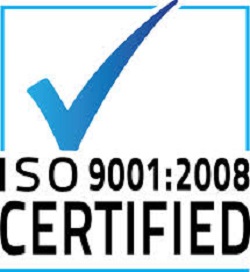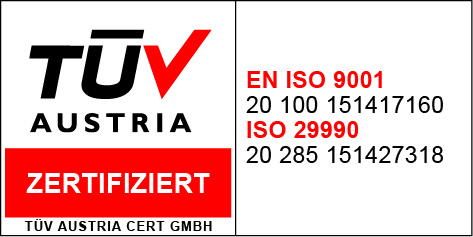


Universal Life Insurance |
|||||||
|
|
|||||||
|
|
|||||||
|
Comparing Major Types of Life Insurance |
|||||||
|
|
|||||||
| |||||||
Home Certifications Board Recognition Requirements Providers About Contact Us Contact Apply AFAPPC GetCertifiedPPC Benefits Chartered Wealth Manager News How To Use Stock Markets Training Calendar FINRA Application Reg. Payments About Old Events CWM Training Program News UBT University Business Technology Saudi Arabia Saudi Arabia - Certification Training Programs 2017 - University Business & Technology CEO Message Chartered Certified Economist Certified Financial Analyst FINRA SEC Chartered Wealth Manager Training Indonesia Malaysia Guides Informa GAFM Guides Jamaica Qualifying Degrees Global Advisors Membership Mission Ethics Governmental Recognition Links Handbook mfm Financial Planner Program Chartered Economist CCO Higher Institute IP List Become Provider Management Consulting Jobs TUV Accreditation CWM Chartered Wealth Manager Terms Financial Analyst Certification Copy of Certification Economics Certification Economics Degrees Management Degrees Finance Degrees Accounting Degrees Exams Renew Certification Awards Sample Honor Society Trademarks Careers Complaint Site Map Mentz George Mentz Lawyer Mentz George Colorado USA Speaker Consultant AFA ® Accredited Financial Analyst Certification CTEP ® Trust and Estate Certification CIPM ® Certified International Project Manager CWM ® Chartered Wealth Manager ® AMA ® Management Accountant Certification AMC ® Management Consulting Certification MMC ® Management Consulting Certification Book
All Rights Reserved 1996-2017 - GAFM Global Academy of Finance and Management &
Association for Finance and Management
Mentzinger Media LLC Board of
Standards - Accreditation and Certification - Global Certified
Accountants Financial Analysts Institute
Association of International Financial Accounting Foregin Relations
Public Policy Council Chartered
Wealth Manager
Accredited Financial Analyst Certified Chartered Management
Accountant - Association Institute Academy
US Department of
Labor - George Mentz
Join us on
LinkedIn - Financial Analyst Training
- Chartered
Wealth Manager ® - ChE
Chartered Economist ®
www.GAFM.us * www.GAFM.org
In alliance with the Unincorported Non-Profit Association of
Finance and Management USA
A financial analyst securities analyst, research analyst, equity
analyst, or investment analyst is a person who performs financial analysis for external or internal clients
as a core part of the job. Financial analysis (also referred to as financial statement analysis or
accounting analysis or Analysis of finance) refers to an assessment of the viability, stability and
profitability of a business, sub-business or project. It is performed by professionals who prepare reports
using ratios that make use of information taken from financial statements and other reports. These reports
are usually presented to top management as one of their bases in making business decisions. Certification
as a financial analyst requires accredited education in finance
Management consulting is the practice of helping organizations to improve
their performance, primarily through the analysis of existing organizational problems and development of
plans for improvement. Organizations may draw upon the services of management consultants for a number of
reasons, including gaining external (and presumably objective) advice and access to the consultants'
specialized expertise. Becoming certified in management consulting requires proper education experience and
credentials.
Management accounting or managerial accounting is concerned with the
provisions and use of accounting information to managers within organizations, to provide them with the
basis to make informed business decisions that will allow them to be better equipped in their management
and control functions. Cost accounting is a process of collecting, analyzing, summarizing and evaluating
various alternative courses of action. Its goal is to advise the management on the most appropriate course
of action based on the cost efficiency and capability. Cost accounting provides the detailed cost
information that management needs to control current operations and plan for the future. Certification in
management or cost accounting requires education and expertise in accounting.
| |||||||








